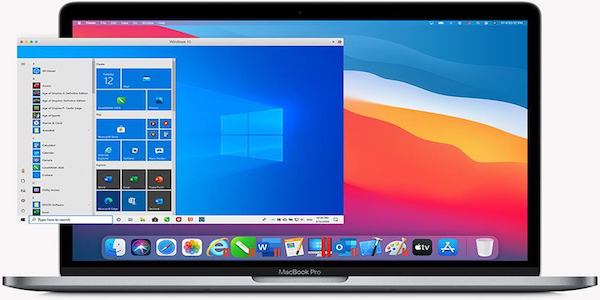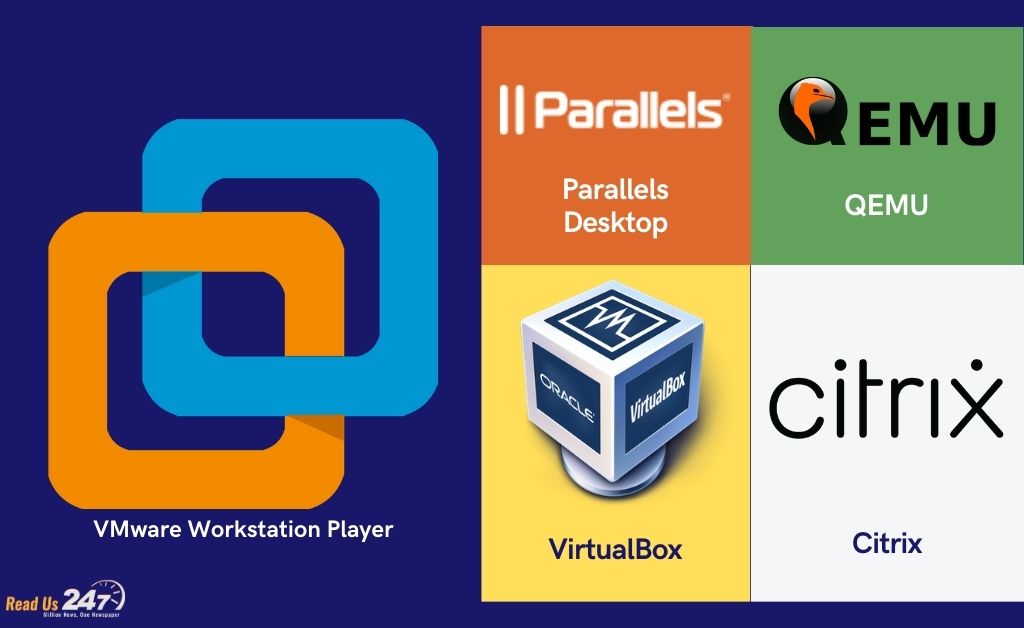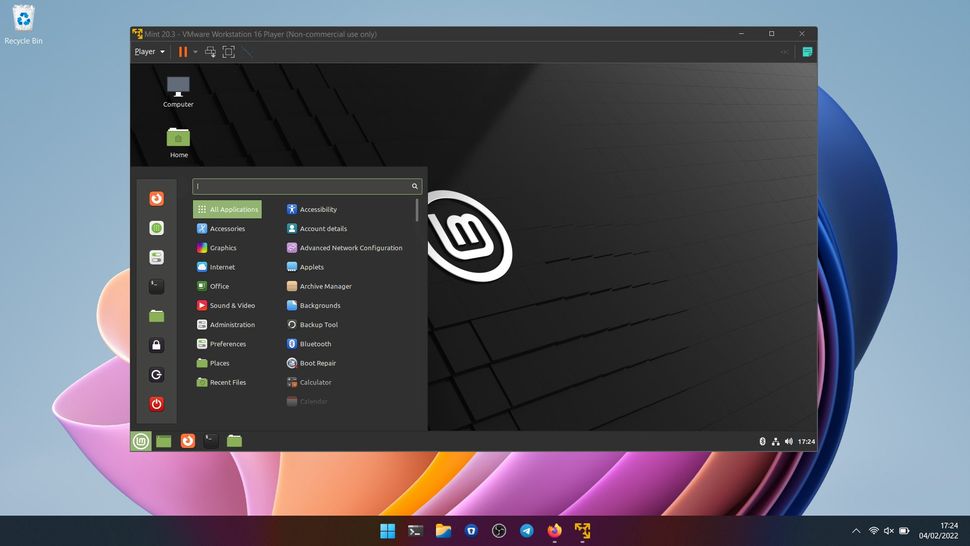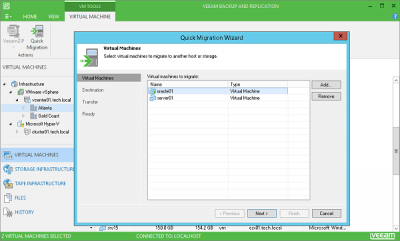
A host can have several virtual machines running at a specific time. We can define a virtual machine as:Ī virtual machine is a computer file or software usually termed as a guest, or an image that is created within a computing environment called the host.Ī virtual machine is capable of performing tasks such as running applications and programs like a separate computer making them ideal for testing other operating systems like beta releases, creating operating system backups, and running software and applications. Therefore, implementing tasks such as accessing virus-infected data and testing of operating systems are done using virtual machines. VMs are isolated from the rest of the system the software inside the virtual machine cannot tamper with the host computer.

What is a Virtual Machine?Ī Virtual Machine (VM), on the other hand, is created to perform tasks that if otherwise performed directly on the host environment, may prove to be risky. To start your Docker journey, check out Cloud Academy’s Docker in Depth Learning Path. Less code to transfer, migrate and upload workloads.Reduced and simplified security updates.

A hypervisor is a guest operating system like VMWare or VirtualBox, but instead, containers run directly within the host’s machine kernel.Ĭontainers provide the following benefits: Also, containers are lightweight because they do not require an extra load of a hypervisor. Since containers are isolated, they provide security, thus allowing multiple containers to run simultaneously on the given host. In other words, applications run the same irrespective of where they are and what machine they are running on because the container provides the environment throughout the software development life cycle of the application.

A container refers to a lightweight, stand-alone, executable package of a piece of software that contains all the libraries, configuration files, dependencies, and other necessary parts to operate the application.

Docker solves this obstacle of every organization with a container platform that brings traditional applications and microservices built on Windows, Linux, and mainframe into an automated and secure supply chain.ĭocker is a software development tool and a virtualization technology that makes it easy to develop, deploy, and manage applications by using containers. Organizations in today’s world look forward to transforming their business digitally but are constrained by the diverse portfolio of applications, cloud, and on-premises-based infrastructure. Before we get started discussing Docker vs VM differences, let’s first explain the basics. What’s the difference between Docker and Virtual Machine? In this article, we’ll compare the differences and provide our insights to help you decide between the two.


 0 kommentar(er)
0 kommentar(er)
